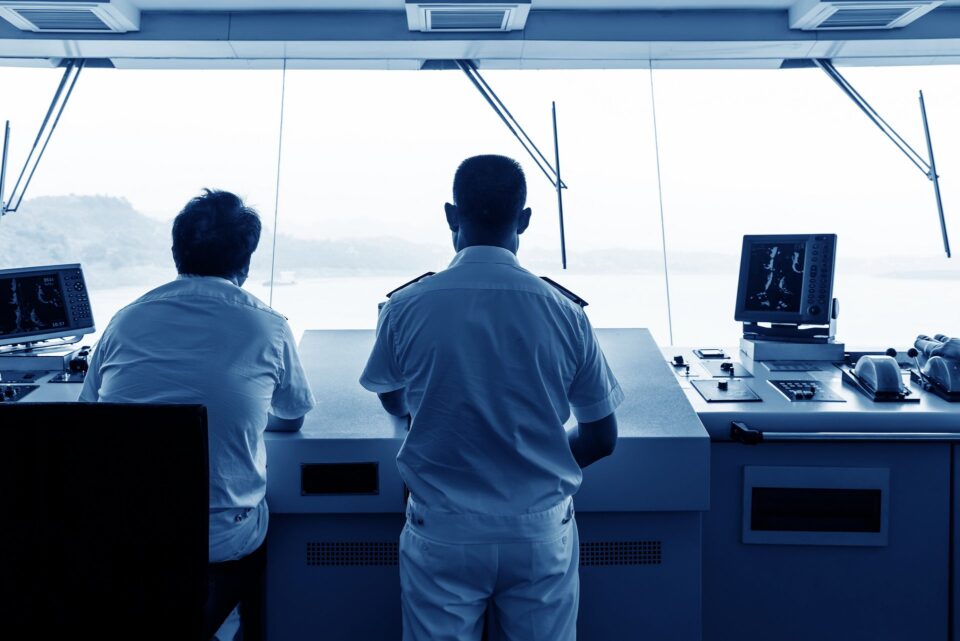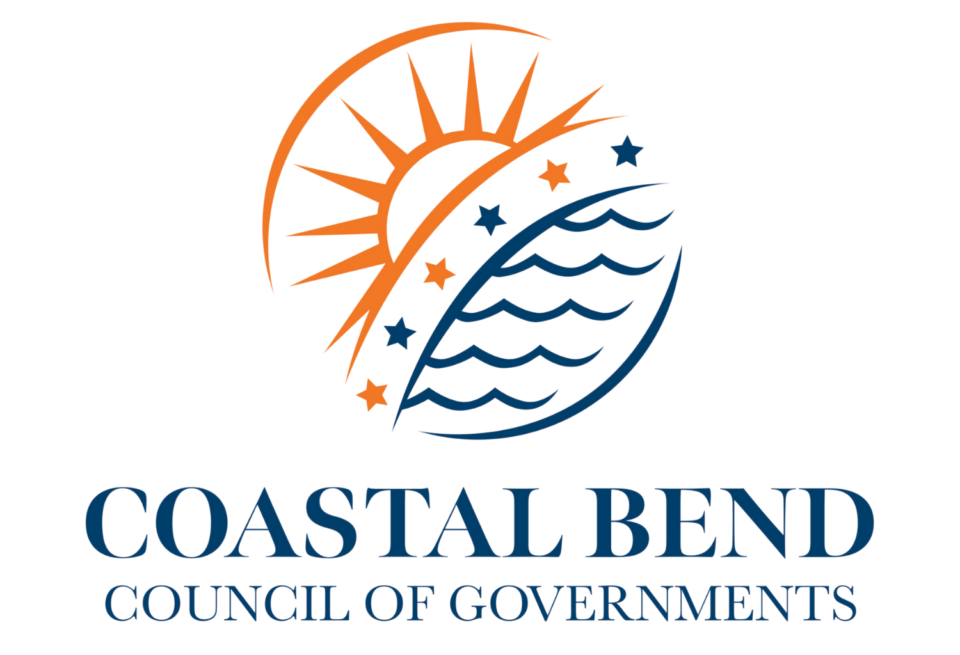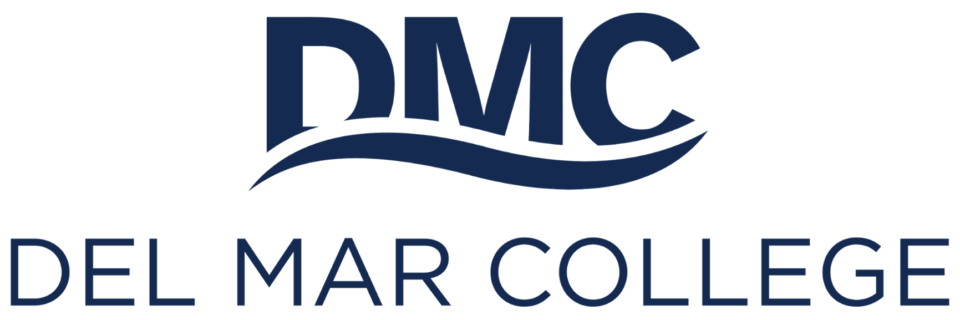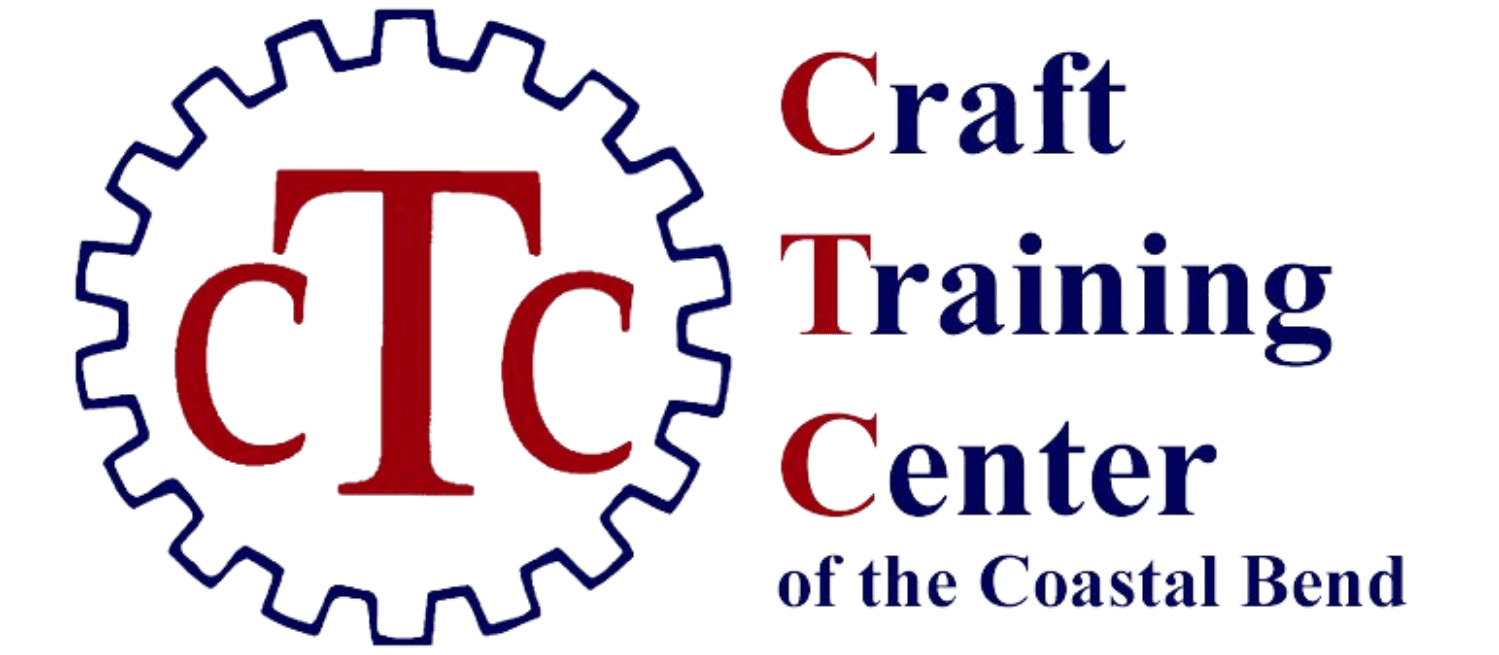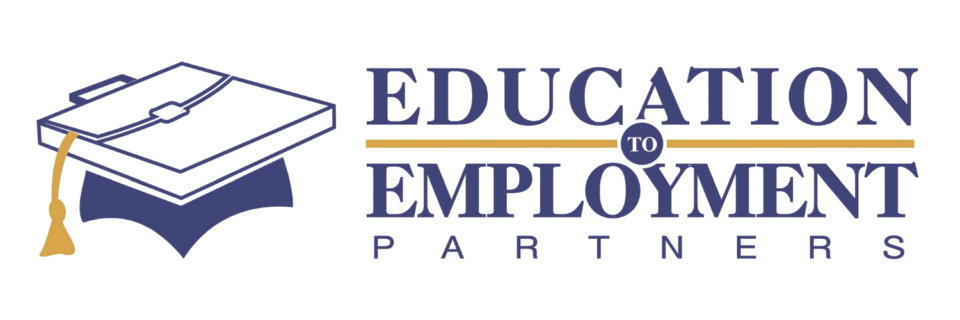Captains, Mates and Pilots of Water Vessels
At a glance
- Median Salary$72,445
- Local Jobs212
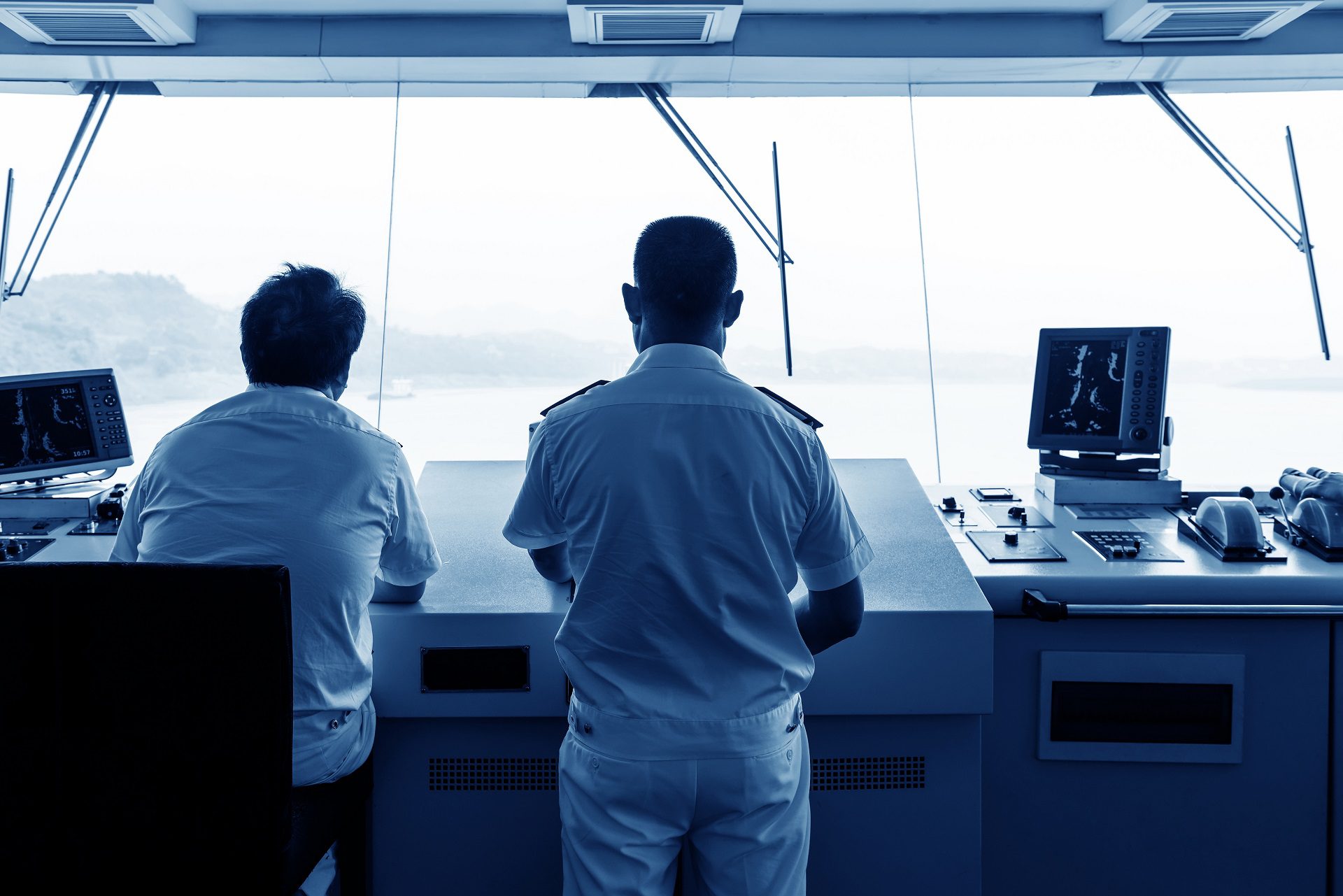
Occupation Profile

By the Numbers
Median annual earnings$72,445
Median Annual Earnings are the midpoint earned by 50 percent of workers who are the lowest paid and 50 percent of workers who are the highest paid in a particular occupationLocal Jobs212
Median Annual Earnings are the midpoint earned by 50 percent of workers who are the lowest paid and 50 percent of workers who are the highest paid in a particular occupationEntry-level educationCertification
Median Annual Earnings are the midpoint earned by 50 percent of workers who are the lowest paid and 50 percent of workers who are the highest paid in a particular occupation
Daily Tasks
- Direct courses and speeds of ships, based on specialized knowledge of local winds, weather, water depths, tides, currents, and hazards.
- Prevent ships under navigational control from engaging in unsafe operations.
- Serve as a vessel’s docking master upon arrival at a port or at a berth.
- Consult maps, charts, weather reports, or navigation equipment to determine and direct ship movements.
- Steer and operate vessels, using radios, depth finders, radars, lights, buoys, or lighthouses.
- Dock or undock vessels, sometimes maneuvering through narrow spaces, such as locks.
- Operate ship-to-shore radios to exchange information needed for ship operations.
- Stand watches on vessels during specified periods while vessels are under way.
- Inspect vessels to ensure efficient and safe operation of vessels and equipment and conformance to regulations.
- Read gauges to verify sufficient levels of hydraulic fluid, air pressure, or oxygen.
- Report to appropriate authorities any violations of federal or state pilotage laws.
- Provide assistance in maritime rescue operations.
- Signal passing vessels, using whistles, flashing lights, flags, or radios.
- Measure depths of water, using depth-measuring equipment.
- Maintain boats or equipment on board, such as engines, winches, navigational systems, fire extinguishers, or life preservers.
- Signal crew members or deckhands to rig tow lines, open or close gates or ramps, or pull guard chains across entries.
- Advise ships’ masters on harbor rules and customs procedures.
- Maintain records of daily activities, personnel reports, ship positions and movements, ports of call, weather and sea conditions, pollution control efforts, or cargo or passenger status.
- Observe loading or unloading of cargo or equipment to ensure that handling and storage are performed according to specifications.
- Calculate sightings of land, using electronic sounding devices and following contour lines on charts.
- Learn to operate new technology systems and procedures through instruction, simulators, or models.
- Direct or coordinate crew members or workers performing activities such as loading or unloading cargo, steering vessels, operating engines, or operating, maintaining, or repairing ship equipment.
- Arrange for ships to be fueled, restocked with supplies, or repaired.
- Supervise crews in cleaning or maintaining decks, superstructures, or bridges.
- Purchase supplies or equipment.
Occupational Skills
Hard Skills
- Firefighting
- Inventory Management System
- Invoicing
- Logistics
- Operations Management
- Project Management Software
- Public Relations
- Sales Prospecting
- SAP Applications
- Truck Driving
Soft Skills
- Communications
- Detail Oriented
- Interpersonal Communications
- Lifting Ability
- Loading And Unloading
- Management
- Operations
- Positivity
- Self-Motivation
- Valid Driver's License
Hard skills are specific, learnable, measurable, often industry- or occupation-specific abilities related to a position.
Soft skills can be self-taught and usually do not necessitate a certain completed level of education. They are essential in many industries and occupations.
Educational Programs
Sailors and Marine Oilers
| Type | Credential | Hrs | Online | Financial Aid |
| CE | Certificate | 40/varies | No | Yes |
Learn more aboutCaptains, Mates and Pilots of Water Vessels
Visit Career Coach for additional in-depth information and available training programs for this job.
